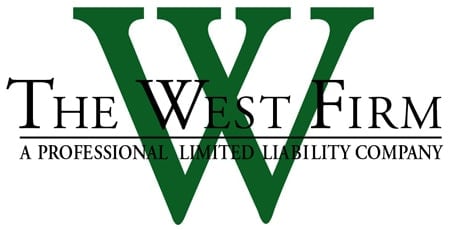Even when you finally locate the perfect location for your business, the rental space itself may leave a lot to be desired. It’s rare for a commercial property to have exactly the features you need — whether that involves practical issues, like a bigger delivery door, or aesthetic concerns, like the colors of paint on the walls. Before you open your doors for business, you’re going to need to do a few renovations. This is where the improvements and alterations clause in your lease comes in.
In essence, this part of your lease explains what improvements have to be made to the building before you take occupancy. It also defines exactly what right you have to make additional changes to the space you’re renting in the future. Basically, you need to get granular about this discussion. Some of the questions that need to be addressed (in writing) include:
Who will pay for improvements made to the property before you move in?
If the building was neglected for a while, some of the upgrades (like wiring, sprinkler systems and so on) should fall on the landlord’s shoulders. If the improvements are largely for your convenience (sound-dampening materials on the walls to reduce office noise), that may be your bill to handle.
What alterations can you make without the landlord’s approval?
If your alterations are minor and won’t affect any other tenants, devalue the property, endanger the building’s structural integrity or require a permit, can you go ahead? Or does the landlord want to be consulted every time you change the color of the paint on the walls or add carpet tile?
Who owns any alterations or improvements you make?
Maybe you’d like to put in some artistic lighting fixtures to give your business a certain vibe. It’s a nice idea, but you need to know if those fixtures can leave with you when your lease is up before you sink a lot of money into them.
Negotiating a commercial lease is more complicated than most people realize, but knowing more can help you make informed decisions.
